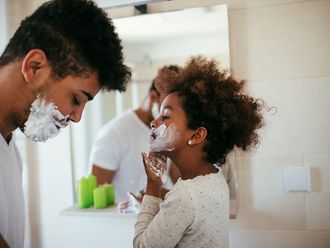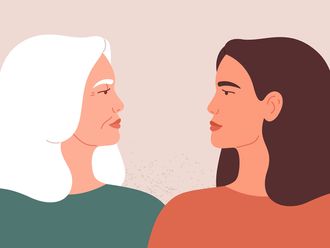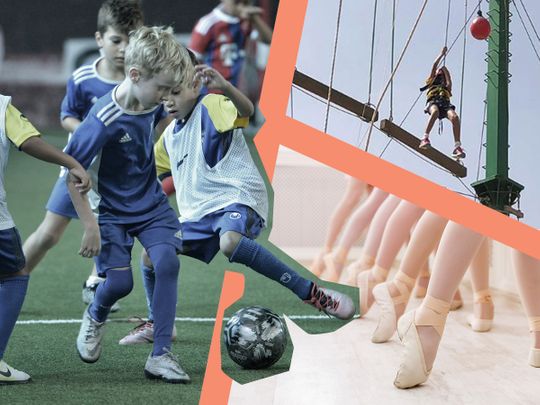
As summer camps and play areas open up across the UAE, yet Coronavirus figures continue to rise across much of the world, parents are left asking the question: Is it safe to send my child to summer camp?
Families across the UAE are divided. While working and stay-at-home parents alike are desperate for their children to get out of the house and mingle with their peers, many others still do not trust that it is safe enough.
Lina Matar, a Dubai-based Lebanese mother of an 18-year-old boy and eight-year-old girl, says that although she is not against summer camps reopening, she will not be making use of them herself. “I understand that children need to refresh and recharge at camps over the school holiday, but I will not be allowing my daughter to go to any of them,” she says. “The reason being that the Coronavirus story has not yet ended. New cases are being discovered among adults on a daily basis so how can it be acceptable for a kid to mingle and socialize? For me, as a single mum, mitigating risks is a must no matter the situation.”
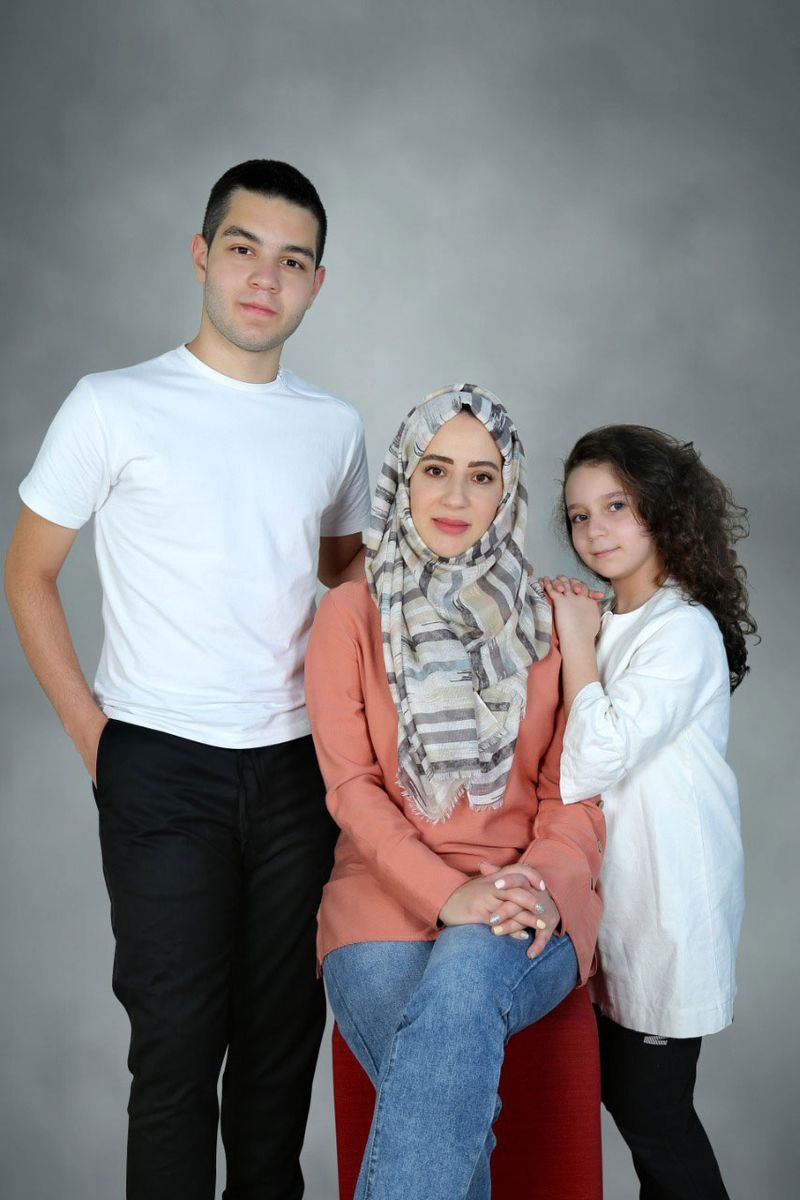
Meanwhile Kat Ballinger, a mother of two from Slovakia whose husband was Covid-positive and quarantined in a hotel back in May but made a full recovery, says that her family has decided they have to start living again. “We can’t live in fear any more. So we need to take calculated risks and get back to some sort of normality.”
Kat says that her husband Brian contracted Covid-19 despite taking extreme measures to protect himself through wearing a mask, gloves, social distancing and frequent handwashing. “I understand some parents are not yet comfortable with it, but as strict or as laidback as you are about taking Corona precautions, there’s no guarantee you won’t get it. So I may as well save my own sanity and take the kids out to make them happy and hope for the best.”
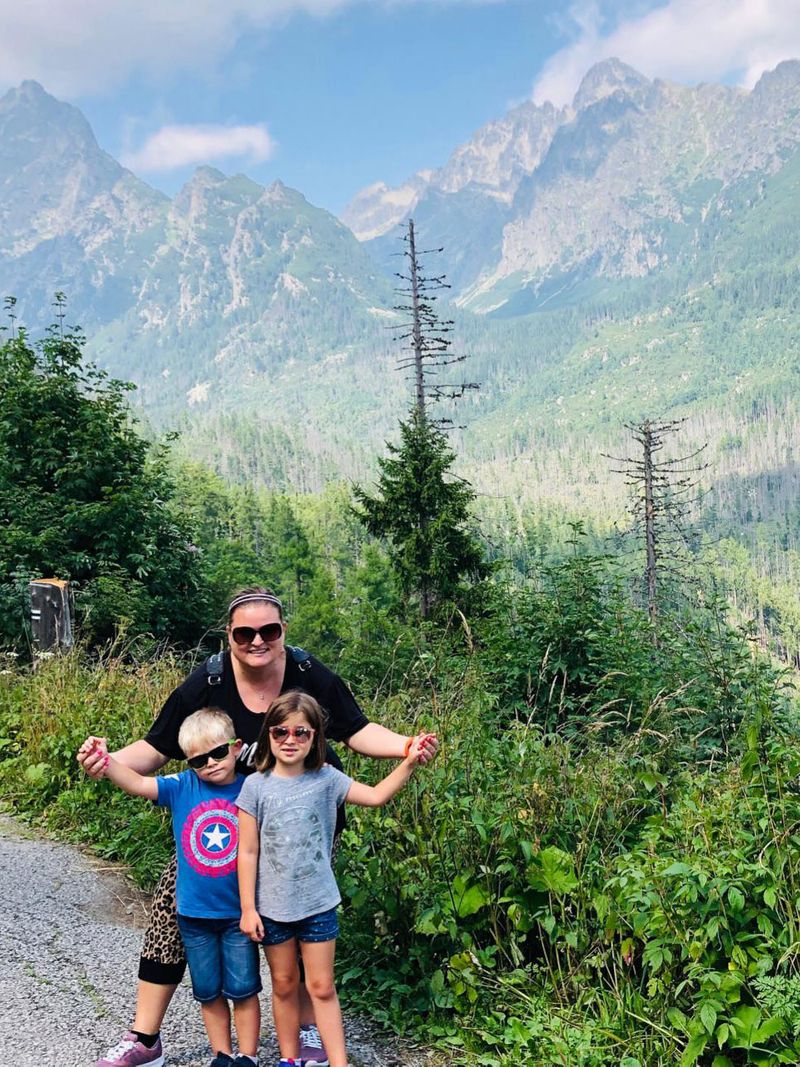
What do doctors say about the safety of summer camps during Covid-19?
"Unfortunately there is no definite ‘Yes’ or ‘No’ answer at the moment," says Sunil Raj, specialist paediatrician at Aster Clinic, Arabian Ranches. "With Covid-19 rates still high in many communities, the true safety of camps remains unknown."
If we extrapolate the evidence so far, the best answer we can give to the question of whether it’s safe to send kids to summer camp during Covid-19 at the moment is, “Probably,” says Dr Fiona Rennie, specialist family medicine doctor at Genesis Healthcare Center in Dubai. “Children don’t appear to be the asymptomatic super spreaders that we originally thought, and it appears that very few of them get Covid. We need to get back to some sense of normality, but with precautions in place."
And the mental health benefits of rejoining society for children are also important to consider, says Dr Jihan Helmi Hussein Mahmoud, specialist paediatrician at Medcare Medical Centre Al Barsha: "For months children have been isolated from friends and family and restricted in their activities, withouth anything to look forward to, which has led to a lot of frustration, anxiety, fear and even depression," says Dr Jihan. "Yes there is a risk of them contracting the virus, but the impact of continuing social isolation on their mental health outweighs the risk of the virus itself."
Children seem to be less susceptible to COVID-19
Looking at data from around the world, children under 18 make up about 2% of the world’s Covid cases, says paediatrician and host of The Child Repair Guide podcast Dr Steve Silvestro. “In South Korea, kids under 9 were just 1% of cases, whereas kids 10-19 were over 5%. Random sampling in Iceland and parts of Italy found no cases in kids under 10. And research by the London School of Hygiene and Tropical Medicine has shown that people under the age of 20 are about half as likely to get infected as those over 20.”
Why is this? “Children appear to be low risk because of the low level of ACE2 protein in their blood - which is what the virus attaches to,” says Dr Fiona Rennie. It is because of this low level of ACE2 in young kids that Professor Herman Goossens, a medical microbiologist and coordinator of the EU task force researching COVID-19, has suggested that kids under the age of 12 can safely go back to school and daycare, according to Dr Silvestro.
Children may not spread COVID-19 as much
Although when the pandemic first started health officials thought children might be asymptomatic super-spreaders, that opinion has now been reversed, says Dr Silvestro: “A study in Iceland found multiple examples of parents infecting kids, but only two examples of kids infecting their parents. And while France saw 70 new infections in schools within a week of their reopening, most of those were in adults who were believed to have gotten sick from someone at home, not from the students.”
This chimes with a contact tracing study by Australia’s National Centre for Immunisation Research and Surveillance, which looked at 15 elementary and high schools with 18 known COVID-19 cases and found no evidence of children infecting teachers. "SARS-CoV-2 [the coronavirus that causes COVID-19] transmission in children in schools appears considerably less than seen for other respiratory viruses, such as influenza," the researchers conclude. "In contrast to influenza, data from both virus and antibody testing to date suggest that children are not the primary drivers of COVID-19 spread in schools or in the community. This is consistent with data from international studies showing low rates of disease in children and suggesting limited spread among children and from children to adults."
But low risk does not mean no risk
However, although children appear to be low risk when it comes to catching Covid-19, they can still catch it, and there have been deaths, although they are extremely rare. The situation continues to rapidly evolve.
"Fortunately, the impact of Covid-19 disease in children so far has been mild with a majority of healthy children remaining asymptomatic or recovering with mild symptoms," says Aster's Dr Raj.
"But on the other extreme, we are also increasingly seeing children developing complications such as the Multi-system inflammatory syndrome, which is believed to be related to the infection. There have also been reports of super spreader events occurring in camps – there were 82 positive cases reported from a camp in Missouri, US, last week.

With so many unknowns, it is hard to guide parents
"With so many unknowns, we don’t have much to guide parents when it comes to making a decision about sending children to camps. At present, there are no one-size-fits-all recommendations and a decision should be made considering the health status of the child and other members of the household and the infection-prevention practices in place at the child’s camp. The answer will be a very personal one for each family, depending on their specific circumstances and comfort level with risk."
Medcare's Dr Jihan agrees: "With a lot of uncertainties and unanswered questions throughout this pandemic, parents have to make a personal decision whether to send their children to summer camps or play areas depending on a number of personal factors and family circumstances and needs."
How to do summer camp in the safest way possible during COVID-19
All summer camps in Dubai are required to follow strict guidelines from the government, which include children over six wearing masks, frequent sanitization and social distancing. "Although there is no definite answer to the question of safety of camps, bodies such as the Centers for Disease Control (CDC) and the American Academy of Pediatrics (AAP) have offered guidance on summer camps during the pandemic," says Dr Raj from Aster. He adds that it is important to note that, "children with health conditions, such as asthma, diabetes, or immune system problems and infants younger than 12 months old are at higher risk for severe disease."
As a parent it is advisable to call and check the summer camp you are interested in to ensure that you feel comfortable they are fully aware of the regulations and are able to implement them. "The more people a child interacts with, the higher the risk of Covid-19 spread," says Dr Raj. "Camps are likely to pose a lower risk of infection if they have small groups of children that stay together throughout the day and over the course of the camp."
Ideally you should plan your own transport to and from camp to avoid crowded buses or cars; provide homemade lunch and snacks for your child to avoid shared food; make sure the camp avoids large group gatherings, field trips and non-essential visitors to camp; and be prepared to keep your child home from camp if they develop any symptoms of illness, adds Dr Raj. "Consider alternative summer plans if your child or a member of your household is at increased risk of serious outcomes due to COVID-19 due to age or an underlying health condition." Dr Raj shares some guidance for parents below:
Questions to ask your prospective camp about their COVID-19 precautions
- Will your child be with one group of kids from the beginning to the end of the camp, or will new children be joining midway through? The latter increases the risk.
- How will they keep kids 6 feet apart during activities and mealtimes?
- Are there enough rooms or areas so groups can stay separated?
- Emphasis on non-contact sports and activities (drama and crafts)
- It would be preferable if most activities are held outside, but it may not be practical in the present weather.
- Where will the children eat? Can the camp keep children in small groups and prevent anyone from sharing food?
- How will the camp sterilize common surfaces, including the bathroom, doors, and tables? And how often will they do this?
- What type of hand sanitizing practices will be in place? And how often will the children be prompted to wash their hands throughout the day?
- Will masks be mandatory for the children and staff members?
- What are the camp’s plans for screening children and staff every morning? This is important to identify anyone who could be sick.
- How will the camp handle it if someone fails the screen or becomes ill during the day? Do they have the ability to quarantine anyone sick or send them home without exposing others?
- If your child will take a bus to camp, how will they maintain social distance? How often will the vehicle be cleaned?



